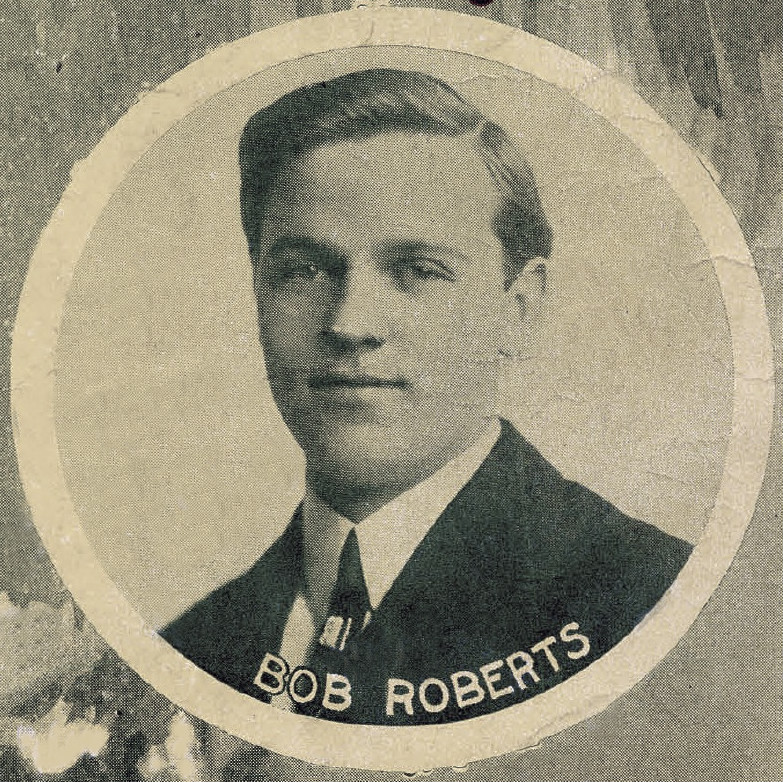Mayo Clinic Unveils AI Tool for Early Detection of Dementia Types

In a significant advancement for dementia diagnostics, researchers at the Mayo Clinic have developed a groundbreaking artificial intelligence (AI) tool named StateViewer. This innovative technology assists clinicians in identifying brain activity patterns associated with nine types of dementia, including Alzheimer's disease, using a single, widely available fluorodeoxyglucose positron emission tomography (FDG-PET) scan. The findings were published on June 27, 2025, in the journal *Neurology*, the official publication of the American Academy of Neurology.
The StateViewer tool achieved an impressive accuracy rate in diagnosing dementia types, correctly identifying conditions in 88% of cases. Furthermore, it enabled clinicians to interpret brain scans nearly twice as fast and with up to three times greater accuracy compared to traditional diagnostic workflows. The AI was trained and tested on over 3,600 scans, incorporating images from both dementia patients and cognitively healthy individuals. This development addresses a persistent challenge in dementia care: the early and precise identification of the disease, especially in cases where multiple conditions may be present.
Dementia currently affects over 55 million people globally, with nearly 10 million new cases emerging each year. Alzheimer’s disease, the most prevalent form of dementia, ranks as the fifth-leading cause of death worldwide. Traditional diagnostic processes often necessitate cognitive assessments, blood tests, imaging, clinical interviews, and specialist referrals. Even experienced specialists find it difficult to distinguish between different forms of dementia, such as Alzheimer’s, Lewy body dementia, and frontotemporal dementia.
Dr. David Jones, a neurologist and director of the Mayo Clinic Neurology Artificial Intelligence Program, emphasized the importance of the tool, stating, "Every patient who walks into my clinic carries a unique story shaped by the brain's complexity. StateViewer reflects that commitment—a step toward earlier understanding, more precise treatment, and, one day, changing the course of these diseases."
The AI tool operates by analyzing FDG-PET scans, which illustrate how the brain utilizes glucose for energy. It compares individual scans against a large database of previously confirmed dementia diagnoses to identify patterns indicative of specific dementia types or combinations thereof. The results are displayed through color-coded brain maps that provide clinicians, regardless of their neurology training, with a clear visual representation of the AI's findings.
Dr. Leland Barnard, a data scientist leading the AI engineering behind StateViewer, remarked on the tool's potential impact. He stated, "As we designed StateViewer, we maintained focus on the fact that behind every data point and brain scan was a person facing a difficult diagnosis and urgent questions. This highlights the potential of machine learning for clinical medicine."
The implications of this tool extend beyond individual diagnosis; as new treatments for dementia become available, timely and accurate identification of the disease will be crucial in ensuring that patients receive appropriate care when it is most effective. The Mayo Clinic plans to expand the use of StateViewer and will continue to assess its performance in various clinical settings.
In conclusion, the introduction of the StateViewer AI tool represents a transformative leap in dementia diagnostics, offering hope for improved outcomes for millions affected by these complex neurological conditions. As research in this area progresses, the integration of advanced technologies like AI into clinical practice may redefine how healthcare providers approach the diagnosis and treatment of dementia, ultimately enhancing patient care and quality of life.
Advertisement
Tags
Advertisement





